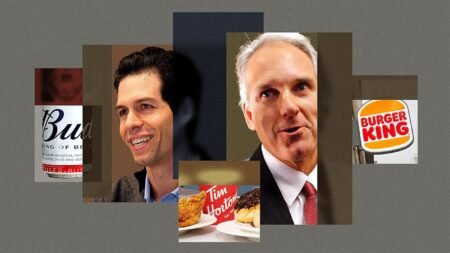Euro zone inflation fell to 1.8% in September, below the European Central Bank’s 2% target, according to data from Eurostat. This was in line with expectations, following a three-year low of 2.2% in August. Core inflation, excluding volatile prices, was 2.7%, slightly lower than the previous month. The easing was seen in services inflation, which dropped to 4% in September from 4.1% in August. Several key euro zone economies, such as France and Germany, also experienced inflation below the 2% target.
Economists have varying outlooks on inflation going forward. Senior Europe economist Franziska Palmas predicts that headline inflation will likely remain below 2% in the coming year, despite a potential temporary rebound in the coming months. However, chief economist Bert Colijn noted that a renewed pickup in inflation is not guaranteed, as falling oil prices could affect petrol prices. European Central Bank President Christine Lagarde expressed confidence that inflation would return to the 2% target, citing a possible increase in the fourth quarter due to previous energy price declines.
Lagarde’s comments have led to speculation about the next steps for the ECB. The bank is scheduled to meet on October 17, and there are expectations of a rate cut in response to inflation dipping below 2%. Capital Economics’ Palmas believes that the ECB will decide to cut rates in October, especially given the elevated services inflation. ING’s Colijn also noted that economic growth and inflation falling below target are key considerations for the ECB.
Bank of America Global Research economists have adjusted their expectations, now anticipating a rate cut in October following Lagarde’s comments. Previously, it was forecasted that rates would remain steady, but the possibility of a cut has increased. Deutsche Bank economists have also revised their forecast, moving up the next rate cut from December to October. Market data suggests that a 25-basis-point cut in October is widely expected, based on the latest inflation figures in the euro zone.
Overall, the euro zone is experiencing a period of inflation below the ECB’s 2% target, prompting discussions about potential rate cuts to stimulate economic growth. While there are predictions of a cut in October, uncertainties surrounding future inflation trends and external factors such as oil prices are still being considered. The ECB’s upcoming meeting will be closely watched to see how policymakers respond to the current economic situation and their efforts to maintain price stability in the region.











